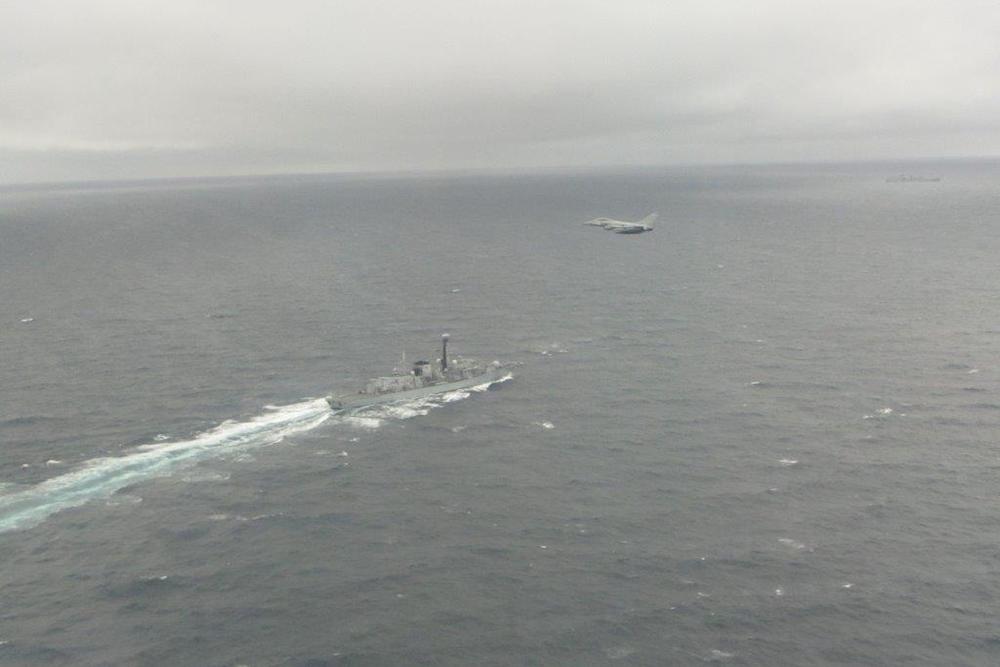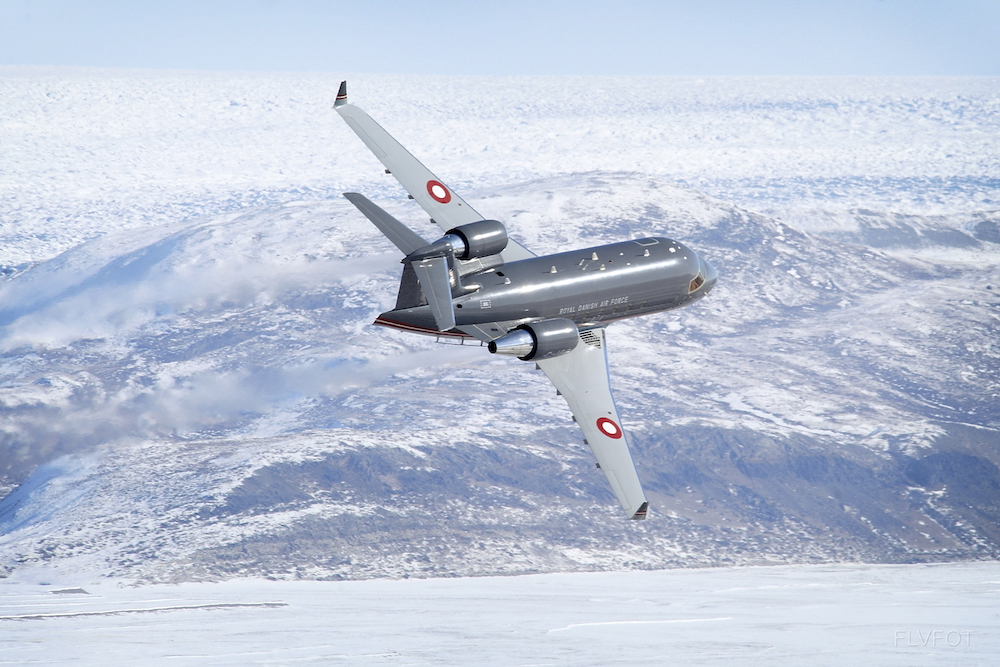Russian ambassador accuses NATO of ‘false pretext’ for Arctic naval operation
Vladimir Barbin, ambassador to Denmark, said the exercises weren't about promoting freedom of navigation.

Russia’s ambassador to Copenhagen criticized Danish participation in a British-led military operation in Russia’s exclusive economic zone in the Barents Sea earlier this month, saying it risks inflaming tensions in the Arctic and casting doubts on the motives behind it.
“Such exercises close to the Russian borders provoke doubts regarding the fairness of the statements made by our Arctic neighbors that they want to keep the region as a low-tension area,” Ambassador Vladimir Barbin said in a statement.
The operation, which began around September 7 and lasted several days, involved the participation of U.S., British and Norwegian warships supported by British fighters and refuelling aircraft, as well as American sub-hunting planes and an unarmed Danish reconnaissance jet.
It was the first time since the 1990s that NATO surface warships conducted maritime security operations inside the Russian exclusive economic zone in the Barents Sea without the participation of Russian vessels.

Staging an operation in waters so close to Russia was intended to demonstrate that ships have the right to sail in the area under international law. It comes in response to what NATO says are attempts by Moscow to control navigation in the area.
“It is vital to preserve freedom of navigation when melting ice caps are creating new shipping lanes and increasing the risk of states looking to militarise and monopolise international borders,” Ben Wallace, the British defense secretary said in connection with the exercise.

Freedom of navigation operations are naval operations that take place in waters, such as the South China Sea, in which countries disagree about who has the right to control traffic passing through them.
Barbin, a former Russian senior Arctic official at the Arctic Council, said such no such dispute existed in the Barents Sea, and that freedom of navigation had never been endangered or questioned there.
Instead, he called the operation “naval exercises” that were being held on the “false pretext of ‘promoting the freedom of navigation’.”
Denmark is home to a number of large ocean transport firms, and Jeppe Kofod, the foreign minister, said the country’s participation reflected the importance shipping had for its economy.
“The exercise was held in accordance with international rules, and it was fully transparent toward the Russians. I have a hard time seeing why Russia should view the exercise as a provocation or hostile,” Kofod told Ritzau, a news agency.
Barbin, however, argued that short notice and a lack of information about the exercise meant the aim of the operation was not transparent. Moscow also claims that the NATO vessels and aircraft occasionally turned off their transponders during the operation, making it more difficult to track their positions.